Spain Says Adiós To Golden Visa: How it Impacts Expats
Spain has been a cherished destination for expats worldwide, attracted by its good weather, affordable cost of living and renowned cuisine. It is...
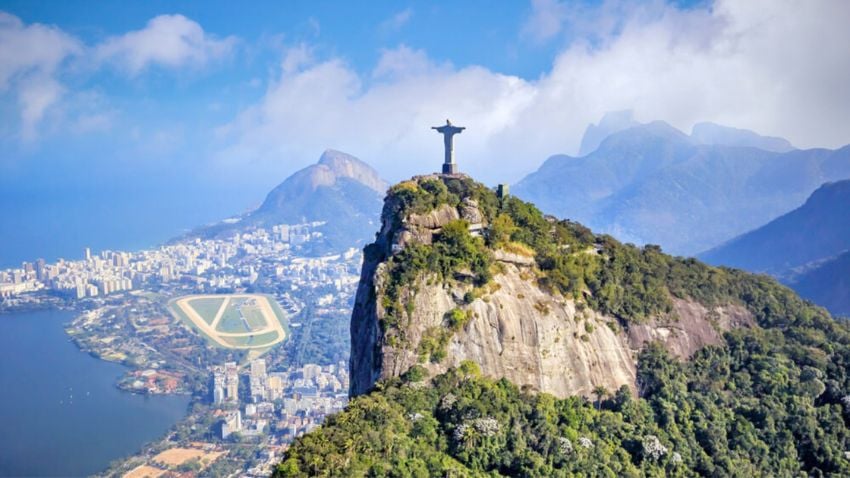
Brazil is the largest country in South America, with a coastline of 7,491 square kilometres. This means there are over 2000 beaches! Brazil is known for its natural beauty and vibrant cities. While studying, take the opportunity to explore iconic places such as Rio de Janeiro, São Paulo, the Amazon Rainforest, and the stunning coastline.
Brazil borders nearly every South American country, excluding Ecuador and Chile. Entry into the country isn't hard to obtain, making Brazil an excellent base for travel on the South American continent.
The great value of day-to-day living often excites expats who settle here. Brazil is very friendly and welcoming to travellers and tourists. This can be seen by how many forms of entry Brazil provides and how many countries can enter Brazil visa-free.
If you’re from the Northern US or almost anywhere in Canada, you’ll love the abundance of fresh flowers that are always in bloom, trees that keep their leaves, and there’s no ice or snow to shovel and scrape. Brazil is close to the equator, and the weather is comfortably spring-like, mid-70s F to low 80s F year-round. A great destination for those that love tropical weather.
You can spend your days walking, hiking, swimming, playing tennis, and even playing a round of golf. Many restaurants and bars offer open-air seating to let you soak up the beautiful environment while enjoying your meal or drink. You can even attend concerts in outside venues.
It’s always a bonus knowing that you can access free public health care in case of an emergency. All permanent residents can access this healthcare, although many expats choose to go private and receive better care than in government hospitals.
Brazil’s economy is growing at one of the fastest rates in the world. This can be seen in the vast improvements to infrastructure currently taking place and in the buildings constantly being constructed. This suggests exciting things ahead for Brazil and makes this a great time to move to Brazil.
Related content: Getting Residency In Paraguay and Easiest Ways To Get Your Residency In Colombia
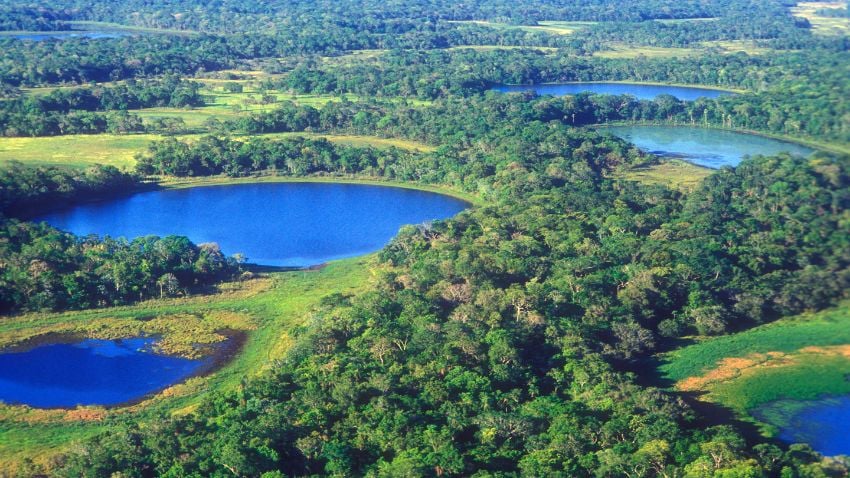
Pantanal, Brazil
Before applying for a Brazil visa, ensure you have received an official acceptance letter from a Brazilian college or university. Be aware of all program details, including start and end dates. Brazil offers various visa types, including student visas, which are specifically designed for those looking to study in the country. Ensure you choose the correct visa category that aligns with your study program. There are fees associated with the visa application process. Be prepared to cover these costs, along with your living expenses while studying abroad.
The first step in getting a Brazil visa is determining if you need one at all. If you are just planning a quick trip to Rio, then you may not need a visa if you are from one of the many countries with visa exemption status. Nonetheless, if you are not from one of these countries or intend to stay longer than three months, you may wish to acquire a Brazilian visa. For more information about which citizens from which countries can visit Brazil without a visa, please review the following material.
Note, if you do enter Brazil with a visa waiver but want to stay longer than 90 days, you can extend for another 90 days by visiting the Brazilian Federal Police. But you can only extend once. You can also extend long-term visas from within Brazil via the same process.
There are three types of short-term (less than 90 days) Brazilian visas. There is the tourist visa, the business visa, and the transit visa. The purpose of these visas should be self-evident. You need a tourist visa if you want to come and visit Brazil just as a tourist, not working or doing any business. You need a business visa if you plan to conduct business, and a transit visa is just for people who are passing through, not planning an actual stay in Brazil but, say, heading on to Argentina or a different country.
For stays longer than 90 days, you will need a long-term visa. If you enter Brazil on a long-term visa, you must register with the Brazilian Federal Police. You can do this immediately or at any time during your initial 90-day stay. A long-term visa gives you the right to reside in Brazil for anywhere between 1 to 3 years. If you plan to stay long-term, you will want to get a tax number or CPF because it is required for many things, like making large purchases or renting a flat. You can apply for a CPF at a Banco do Brasil, a Correios (which is the Brazilian post office), or a Caixa Economical Federal.
There are three types of long-term visas. If you plan to extend your stay in Brazil beyond your initial visa period, inquire about the extension process well in advance. These are the Brazil work visa, the Brazil student visa, and the Brazil family reunification visa. Keep all important documents, including your visa, passport, and acceptance letter, safe and accessible at all times.
Related article: How Safe Is Brazil For Expats?
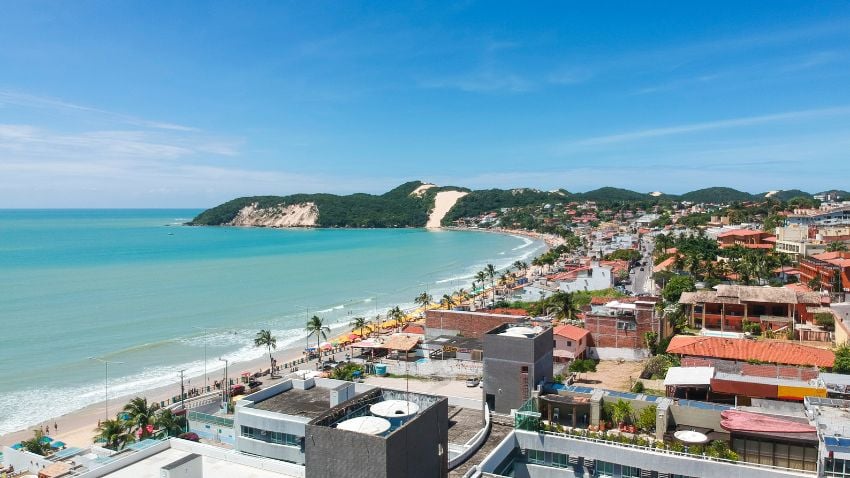
Natal, Rio Grande Do Norte, Brazil
Be prepared to provide information about your nationality and background during the visa application process. Ensure you have all necessary documents to support your application.
A valid passport;
Duly completed visa application form;
Passport photo;
Return flight ticket;
Demonstration of financial solvency. This might include bank statements or proof of investments;
If you are applying for a work visa, then you will need proof of employment;
If you are applying for a family reunion visa, they will want to see documentation on the family member, be it, siblings, parents, children, or spouse;
For a student visa, they will want to see your enrollment letter;
Clear criminal record;
Hotel booking or other verification of accommodations.
There are a number of different long-term visas. They are:
Research, Teaching, or Academic;
Business;
Student;
Work;
Religious Activities;
Volunteer Activities;
Investment;
Family Reunification;
Artistic or Athletic Activities;
International Accords;
Pensioners Visa;
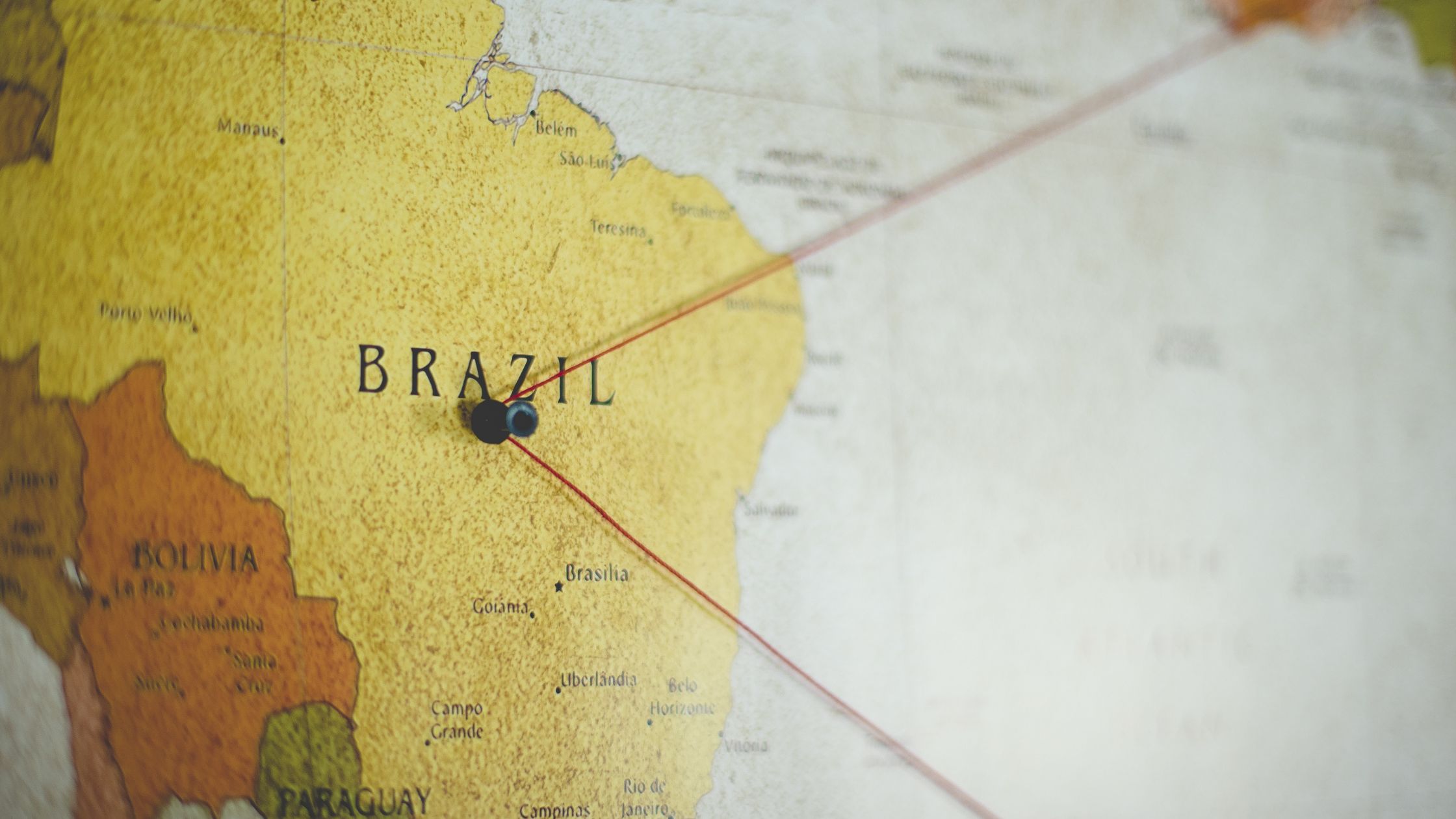
Map of Brazil
This visa is for scientists or professors who are engaged in scientific or technological research or development at a Brazilian scientific institute and is good for up to two years. In addition to the usual requirements for a visa application, you will also need authorization from the Ministerio de Ciencia, and should you be receiving payment for your research from a Brazilian organization, you will also need authorization from the Ministry of Labor.
A student visa is required for long-term studies of more than 90 days in general. The duration and validity of your Brazil visa will be determined by your specific study program. Make sure you have a clear understanding of how long your visa allows you to stay in the country. Consider seeking support from your college or university's international office. Language can be a barrier, so inquire about language courses or support services available to help you learn Portuguese and navigate Brazilian culture. Studying in Brazil offers a unique opportunity to immerse yourself in the local culture. Take the time to explore the diverse traditions, music, and cuisine the country has to offer. Plan your arrival in Brazil carefully and arrange your residence well in advance. Many educational institutions offer guidance on finding suitable accommodation.
Allows entry for those who plan to work in Brazil. You will need prior authorization from the Ministry of Labor and the standard application. This visa is for anyone who has employment in Brazil.
Allows entry for missionaries who are in Brazil to proselytize or are planning to help out at a religious institution. You will need a notarized letter from the Church where you intend to operate, which attests that they will take care of your financial obligations, shelter, food etc., while you are in the country. You will also need to sign a letter saying that you will not operate in an indigenous area without proper authorization.
This visa allows entry if you are going to Brazil as part of a charitable organization or to do volunteering with an NGO or government-sponsored operation. Then you will want a Volunteer Services visa. You will need a letter of invitation and an affidavit of responsibility on behalf of the institution where you will be volunteering.
If you are moving to Brazil to be closer to a family member, this is the visa you would want. If you are the spouse, partner, sibling, child, grandchild, grandparent, parent, or guardian of a Brazilian citizen or Brazilian permanent resident, then you can apply for this visa. You will need to show some proof of your relationship through birth certificates, marriage certificates, or other documentation.
Applicants for this visa type also require prior authorization from the Brazilian Ministry of Labor. This visa is for athletes or artists who are planning to practice their craft or train in Brazil on a semi-long-term basis (over 90 days).
Related content: Is Brazil A Good Destination For Expats?
In order to apply for a long-term visa to stay in Brazil, you need to make an appointment with the Brazilian embassy or consulate in whatever country you are in. At that appointment, you have to furnish them with the required documents and application form. You will want to make sure you have all your ducks in a row before the appointment because if any of your paperwork is incomplete, you will have to start the process over again. Once you have handed in all your paperwork and paid the fee, you should get an answer on your visa application within a few weeks.
Understanding the city where the consulate is located is crucial. Different consulates may have slightly different procedures, so be prepared by researching the specific requirements of the consulate in your city. Familiarize yourself with the immigration laws to ensure compliance during your stay in Brazil.
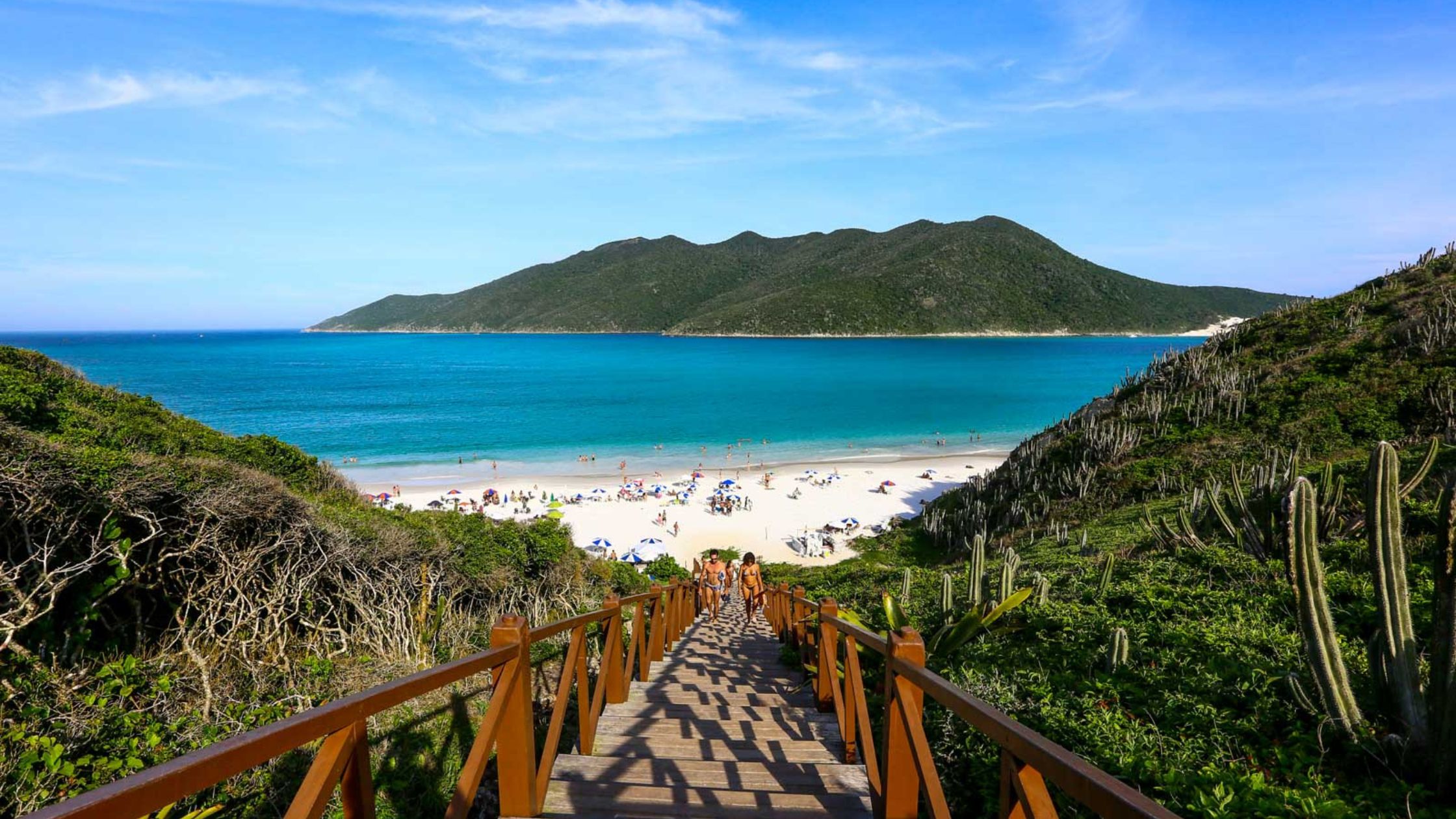
Arraial do Cabo, Rio de Janeiro
In summary, obtaining a Brazil visa for students involves careful planning and attention to details. By understanding the requirements and seeking support when needed, you can enjoy a fulfilling study program, learn the language, immerse yourself in Brazilian culture, and explore the beautiful places that this diverse country has to offer. As you can see, there are several ways to enter Brazil and apply for a visa. Pick the one that obviously suits you and your family best, and take it slow, as the government of Brazil can be extremely bureaucratic, but you can get it done. Just be patient. Any questions you may have, feel free to contact us.
You can also look at birth tourism as a way to get a new passport for yourself and your children. Each country has its own rules and regulations, and Brazil is no exception. Read our article on Top Countries For Birth Tourism.
I help my clients to move offshore for freedom, privacy and autonomy by focusing on the immigration, legal, and tax issues that you will face when becoming an expat. If you would like to work one-on-one with me on getting out of your home country (or setting up a Plan-B location), then read this important letter and fill in an application form to become a Private Client. My fees are not cheap; however, I can assure you that when you work with a professional firm like ours, the results will be worth it.
If you want the best intel from the expat world, including profitable offshore opportunities, little-known tax-saving strategies, and hard-won insights on immigration, passports, and Plan-B residencies, all delivered to your inbox every single week, then join our daily correspondence, EMS Pulse™. Currently enjoyed by over 37,000 expats and expat-hopefuls worldwide. Fill in the form below to join our newsletter free:

Written by Mikkel Thorup
Mikkel Thorup is the world’s most sought-after expat consultant. He focuses on helping high-net-worth private clients to legally mitigate tax liabilities, obtain a second residency and citizenship, and assemble a portfolio of foreign investments including international real estate, timber plantations, agricultural land and other hard-money tangible assets. Mikkel is the Founder and CEO at Expat Money®, a private consulting firm started in 2017. He hosts the popular weekly podcast, the Expat Money Show, and wrote the definitive #1-Best Selling book Expat Secrets - How To Pay Zero Taxes, Live Overseas And Make Giant Piles Of Money, and his second book: Expats Guide On Moving To Mexico.
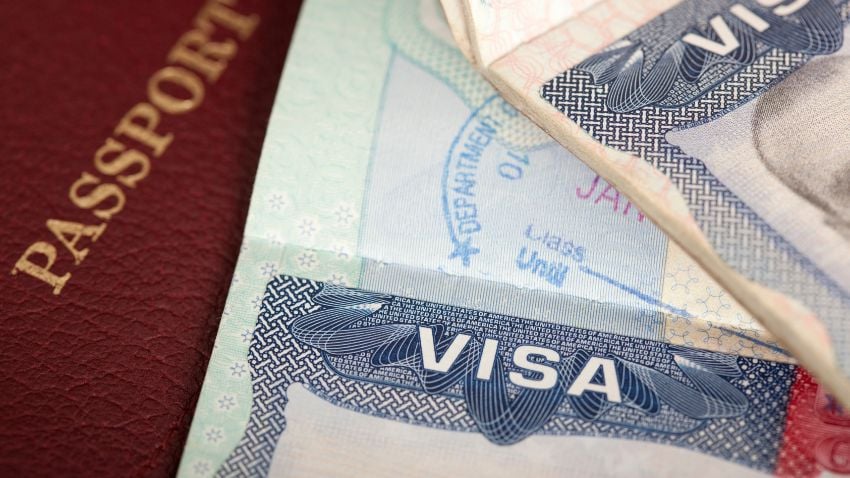
Spain has been a cherished destination for expats worldwide, attracted by its good weather, affordable cost of living and renowned cuisine. It is...

Would you trade your gold or US Dollars for Zimbabwe's new "gold-backed" currency (ZiG)? This question might sound strange, but it really digs into...
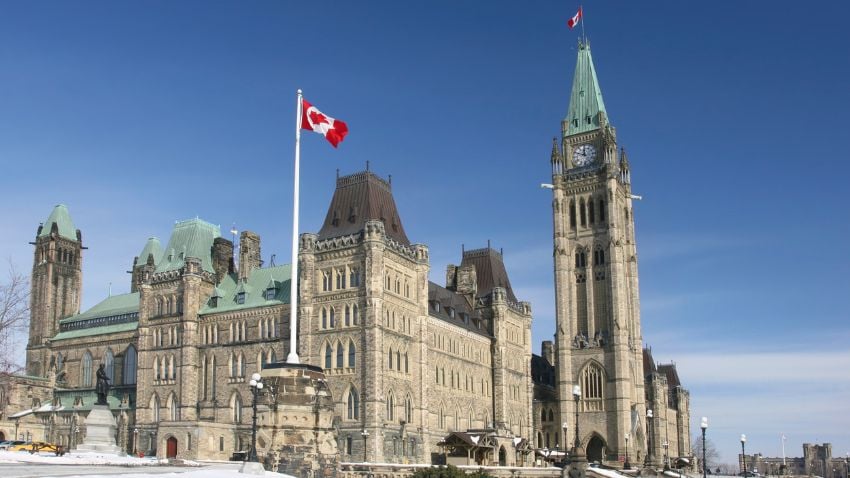
Trudeau has done it again. Under the guise of “tax the rich” and “pay your fair share,” the Canadian government has passed 2024’s budget, which is...